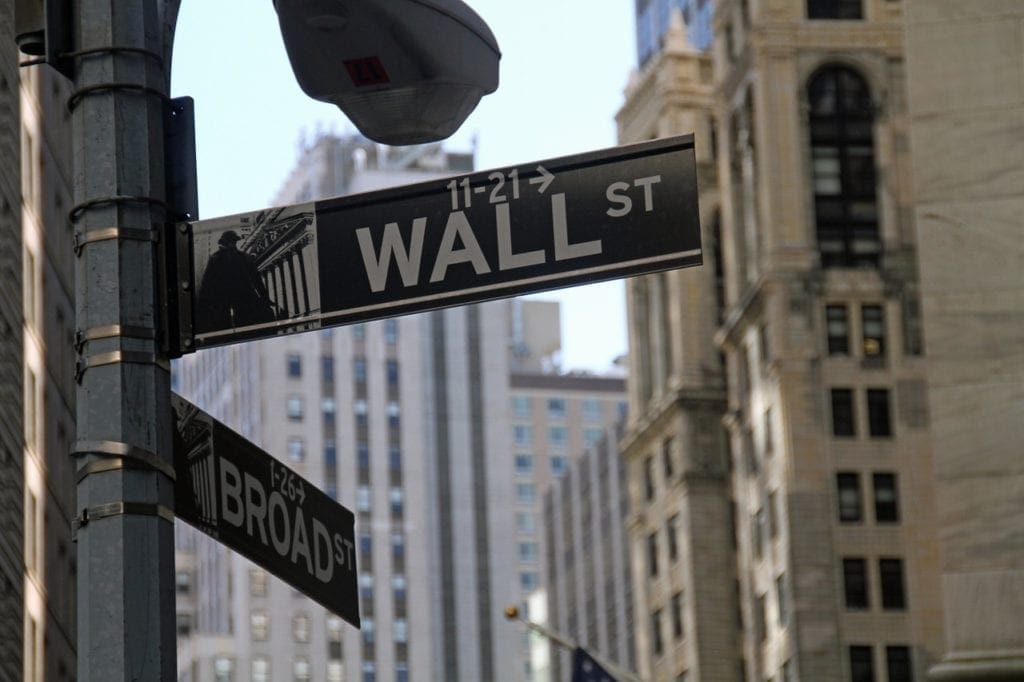Wall Street is having a great time, as demonstrated by how much brokerages and investment banks are paying their employees.
According to the Associated Press, Wall Street salaries rose to the highest level since the 2008 financial crisis, with the average salary for Wall Street employees in 2017 being $422,500 — a 13 percent increase over the year. But the salary doesn’t mean that employers are happy with their employees’ overall performance. Instead, the increase reflects how well Wall Street has been doing since the 2008 bailout.

In 2017, Wall Street had a $24.5 billion profit, a 24 percent increase from 2016. And in the first half of 2018, Wall Street profited $13.7 billion, an 11 percent increase from the same period last year.
With Wall Street accounting for 21 percent of all private-sector wages in New York City, NY state officials are more than happy with this increased success as the industry paid $14 billion in taxes last year alone.
It’s almost as if the government and Wall Street had a cozy relationship.
Government Has A Wall Street Problem
The success of the country’s most powerful bankers lies in the hands of both Washington, D.C., and the Federal Reserve, a highly politicized institution that, for some reason, continues to claim “neutrality” whenever politics is brought up.
From the 2008 bailouts, when hard-working taxpayers rescued Wall Street from ruin to the Federal Reserve’s easy money policies, the country’s top brokerages and investment banks rely heavily on their cozy relationship with government to succeed.
As Mises Institute’s Ryan McMaken explained, Wall Street’s dependence on government is so evident, that the minute the Fed hints at raising interest rates, the Dow will undoubtedly crash.
Unfortunately, this dependence translates into suffering to Main Street over time, where working Americans see the value of their dollar drop as a result of the policies that benefit Wall Street.
As CNBC explained, the Fed’s easy credit policy may benefit investors, but average savers lost $7.5 billion between 2006 and 2009, all the while the stock market benchmark had grown more than 60 percent.
As Austrian economist Murray Rothbard explained, when the Fed increases money and credit supply (inflation), the ones who benefit are the first ones to get their hands on this newly-created money, i.e., investors, bankers, and brokers.
Whenever Wall Street celebrates another year of great success, you can bet its gain is based on easy money policies as well as the ongoing support the industry has from the government, whose policy is to continue sticking you and me with the bill.

























